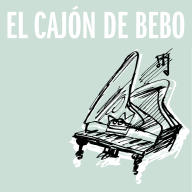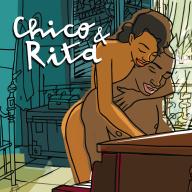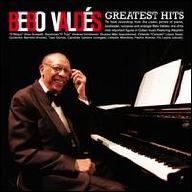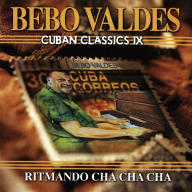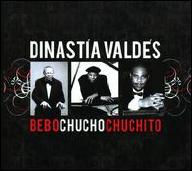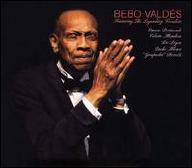He continued to compose and play but, despite the fact that his son Chucho Valdés had become an internationally known jazz musician, it wasn’t until the late ‘90s that he was brought back into a recording studio. Encouraged by Paquito D’Rivera, whose father was a friend of Valdés and who was also an associate of Chucho from their time together in Irakere, a session was arranged and took place in Germany. Valdés composed most of the music (much of it written in haste the day before) and played on the session; his performance was remarkably good considering the decades-long layoff from full-time performing. Also on the session with Valdés and D’Rivera were Juan-Pablo Torres (trombone), Diego Urcola (trumpet), Amadito Valdés (percussion), and Carlos Emilio Morales (guitar; ex-Irakere).
That album marked a resurgence for Valdés. His follow-up album was a trio set with Israel Cachao Lopez and Carlos Patato Valdés, although D’Rivera guested on some tracks. Valdés continued to record into the 2010s. He can be seen in the documentary film, Calle 54 (2000), in which he appears alongside numerous Latin jazz exponents, including his son Chucho, Gato Barbieri, Eliane Elias, Chico O’Farrill, and Tito Puente. The coincidental rise of interest in traditional Cuban music, prompted in part by the Buena Vista Social Club albums, played a role in Valdés’ twilight career success. Nevertheless, it was clear that as a composer he played an important part in the music of Latin America in general, and Afro-Cuban jazz in particular. Bebo Valdés died of pneumonia on 22 March 2013 in Stockholm at the age of 94. ~ Rovi Staff, Rovi


